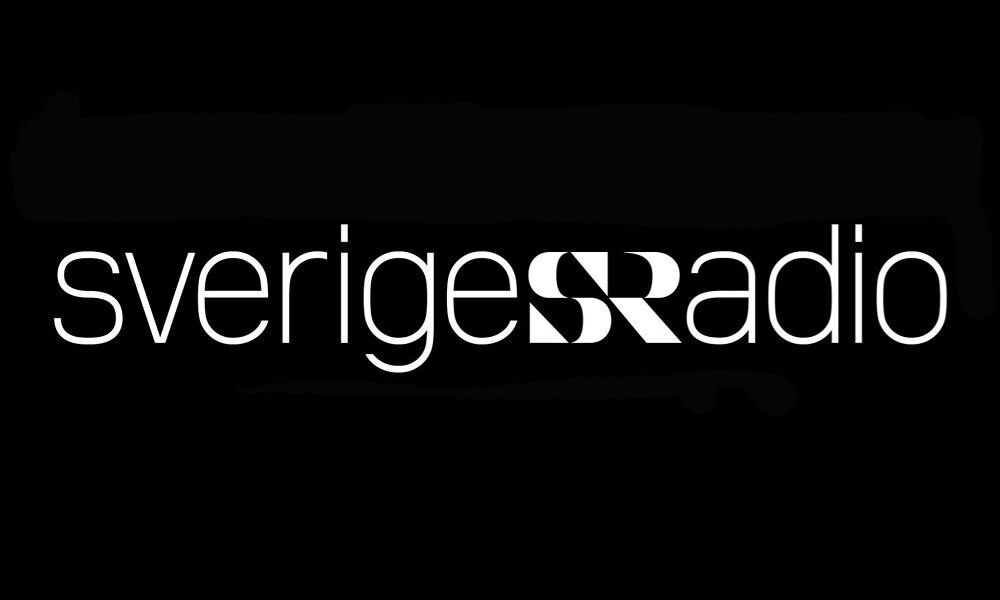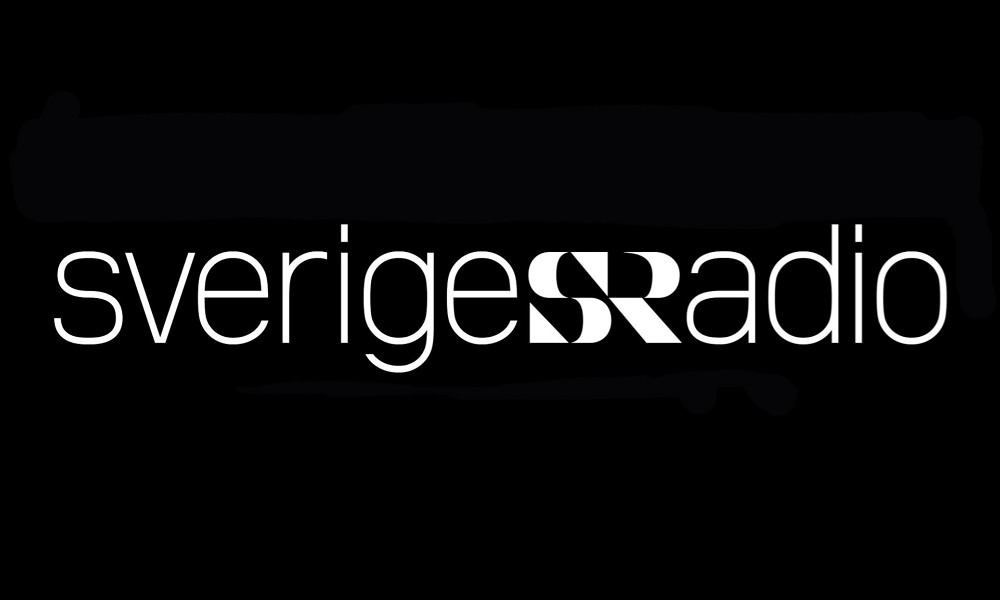Twitter is being removed from Microsoft's advertising platform just days before the social media service begins charging for its new high-priced API access plans.

mashable.com
[/U]
Microsoft drops Twitter from its advertising platform
Yet another big B2B service passes on paying for Twitter's new high-priced API.
By
Matt Binder on April 19, 2023
Twitter's recent decisions are causing companies like Microsoft to flock away. Credit: Mashable composite; Microsoft, Twitter
>
Tech
Twitter is being removed from yet another big B2B platform. And this time it's one of the biggest companies in the tech industry.
Microsoft is going to drop Twitter from its Microsoft Advertising plan next week, according to the company.
"Starting on April 25, 2023, Smart Campaigns with Multi-platform will no longer support Twitter," Microsoft
said(opens in a new tab). A similar email has begun to go out to Microsoft Advertising users stating that "Digital Marketing Center (DMC) will no longer support Twitter starting on April 25, 2023."
From that date, users will no longer be able to access their Twitter account through its Digital Marketing Center's social media management tool, according to Microsoft. Users will also no longer be able to schedule, create, or manage tweets or tweet drafts. In addition, users won't be able to view their past tweets and engagement on the Microsoft Advertising platform.
Microsoft's announcement comes just one day after Twitter owner Elon Musk
appeared(opens in a new tab) at a major marketing and advertising conference. At the event, Musk attempted to lure brands back to the platform after
Twitter lost half of its biggest advertisers following his takeover of the company.
The Microsoft Advertising feature previously allowed advertisers to manage their social media accounts on various platforms in one place. Users could respond to tweets and DMs along with messages received on Facebook, Instagram and LinkedIn.
While Microsoft's social media service was provided for free to advertisers, it was prominently featured in Microsoft Advertising's Digital Marketing Center dashboard. It worked alongside the platform's social and search paid advertising tools, which helped businesses run and manage their paid ad campaigns on platforms like Google Ads, Facebook and Instagram, and Microsoft's search advertising.
Companies that use Microsoft Advertising will still be able to manage and create content for Facebook, Instagram, and LinkedIn through the platform, just as they were able to before.
Microsoft
made(opens in a new tab) more than $12 billion in digital advertising revenue last year from ads that would be created, managed, and run through its Advertising platform.
The notice of Twitter removal from Microsoft's website. Credit: Mashable screenshot
The company added
the notice(opens in a new tab) on a user support page for its Smart Campaigns multi-platform social media management feature, which is one of two main features in its Digital Marketing Center dashboard. As previously mentioned, emails have also begun to go out informing users of the change.
Mashable reached out to Microsoft for comment. A representative said that the company had nothing further to share at this time.
Twitter's pricey new API plan continues to alienate the company
The removal of Twitter integrations from its Microsoft Advertising platform comes just days before Elon Musk's Twitter plans to
shutdown its old API platform. According to Twitter, it is fully transitioning to its new paid Twitter API subscription plans on April 29.
Twitter's new Enterprise plans for API access have a starting cost of
$42,000 per month.
Since Twitter announced its exorbitantly high API access pricing, many indie developers have had to close down their Twitter-based applications. However, just like Microsoft, other larger companies and organizations have also made the decision to pass on paying Twitter too.
Intercom, a leader in the online customer service space,
announced it was dropping Twitter integrations from its platform last week due to the new API pricing. The National Weather Service (NWS), a federal U.S. government agency, told Mashable yesterday that Twitter users should
no longer depend on its emergency alert tweets after it loses Twitter API access.
The odd thing about Twitter's stance here is that all of these companies, organizations, and applications created or helped facilitate the creation of content for Twitter's platform. In turn, they all drove more eyeballs and traffic and encouraged more use of Twitter.
However, when forced to make business decisions regarding Twitter, it appears some companies are coming to the same conclusion as Sweden public radio. The country's public broadcaster, Sveriges Radio,
announced(opens in a new tab) its decision on Tuesday to "completely stop being active" Twitter, citing continued changes to the platform and Twitter becoming "less important" to the outlet and its audience.





:format(webp)/cdn.vox-cdn.com/uploads/chorus_asset/file/24122443/AT_Protocol_image.jpg)







